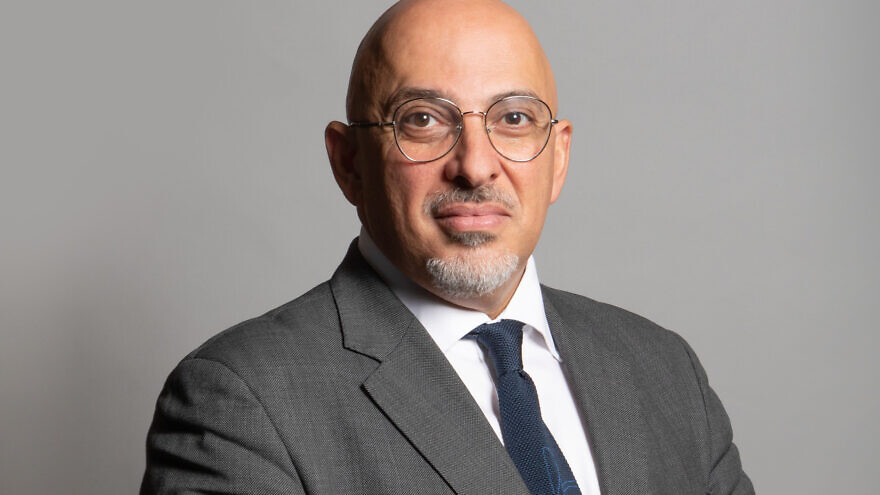The United Kingdom’s education secretary, Nadhim Zahawi, hosted a summit last week where vice chancellors from universities across the country, university representatives and Jewish groups gathered to discuss better ways of tackling anti-Semitism in higher education.
“Education is the vaccine against anti-Semitism,” said Zahawi. “No Jewish students or staff members should be subjected to anti-Semitic abuse, and by working together, we will send out a clear message that anti-Semitism, like other forms of racism, will never be tolerated in our classrooms or campuses.”
As part of the summit, the Union of Jewish Students ran a training workshop for attendees about how to better identify anti-Semitism and support Jewish students who have faced it. CST also discussed their data collection to educate attendees about patterns of anti-Semitic attacks.
A total of 111 anti-Semitic incidents were recorded at universities across the United Kingdom in the 2020-21 academic year—a rise of 59 percent from the previous school year, according to figures published last November by the London-based Times.
Donelan concluded by urging universities that have not yet adopted the International Holocaust Remembrance Alliance (IHRA) working definition of anti-Semitism “to follow in the footsteps of many others and do so now,” explaining that “without a universal recognition of anti-Semitism, we cannot hope for its abolition.”
According to figures published in November, more than 200 universities, colleges and other higher education providers have adopted the IHRA working definition of anti-Semitism.


























